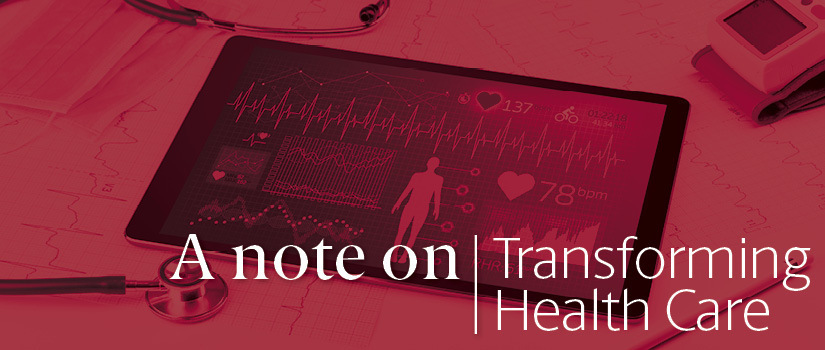Like it or not, the health care industry is one that we all will interact with. Whether it’s the birth of a child, treatment for a traumatic condition, or just getting your COVID vaccine, many of us will find ourselves in and out of doctors' offices and talking to insurance companies throughout our lives. But for an industry so truly ubiquitous, why do so many of us find it frustratingly inefficient, siloed, archaic, and simply Byzantine? Why are we still keeping track of important medical records on paper? And with medical advances happening at lightning-speed, why does medical advice cater to general populations rather than to the individual patient?
As an engineer, I can’t help but think there must be a more efficient way to deliver highly effective health care, and it appears that a number of others share a similar impression.
Our Integrated Information Technology Department Chair Elizabeth Regan has spent more than 20 years working in the field of health care technology, and she says the COVID-19 pandemic revealed how sick the U.S. health care delivery system has always been.
She says, “One of the glaring flaws that COVID-19 has revealed about the U.S. health care system is it does not share health information well. Coordination between public health agencies and medical providers is lacking. Technical and regulatory restrictions impede use of digital technologies. To put it bluntly, our health care delivery system is failing patients.”
So what does a successful health care delivery system look like? I believe that the health care system of tomorrow gives personalized health advice tailored to patients, it shares information securely, it empowers people to make decisions, and it’s more accessible for everyone. I also believe that in order to build this system, we must bring industry stakeholders, practitioners, engineers and computer scientists together. We must collaborate, and we must plan for the future, well beyond COVID-19.
At the University of South Carolina, we are looking to the future by applying principles of digital transformation to the entire U.S. health care industry. From building artificial intelligence systems that provide personalized medicine, to securing medical data channels to protect privacy, our faculty are researching and reinventing how health care technology can reduce life-threatening errors, improve accuracy of diagnoses, and make it easier for patients to make health care decisions. And, we’re training the next generation of health IT professionals through one of the nation’s only accredited Master’s in Health Information Technology programs.
The COVID-19 pandemic has certainly brought our nation’s health care system into the spotlight, showing both its importance, but also its fragility, and need for improvement. My hope is that we can leverage this attention to build a new health care system. I invite you to learn more about how the University of South Carolina is playing a significant role in reimagining the health care system of the future.
Sincerely,
Hossein Haj-Hariri
Dean of the UofSC College of Engineering and Computing
Our Transforming Health Care Highlights:
-

COVID-19 revealed how sick the US health care delivery system really is
-
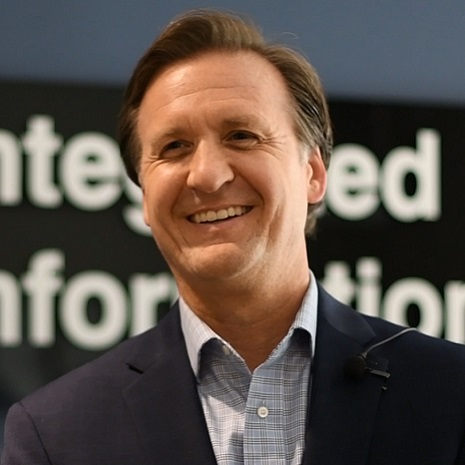
Transforming Health Care: Ben Schooley pioneers digital technology to assist patient decision-making
-
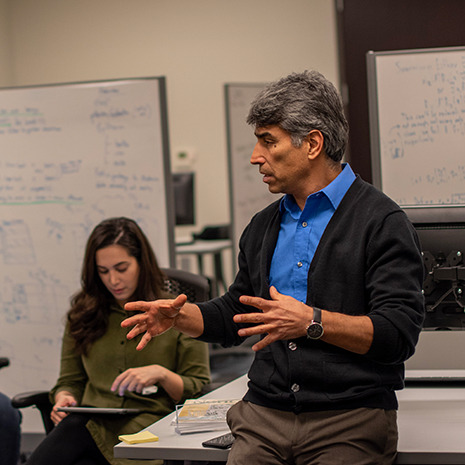
Tailoring your health care to your needs using artificial intelligence
-
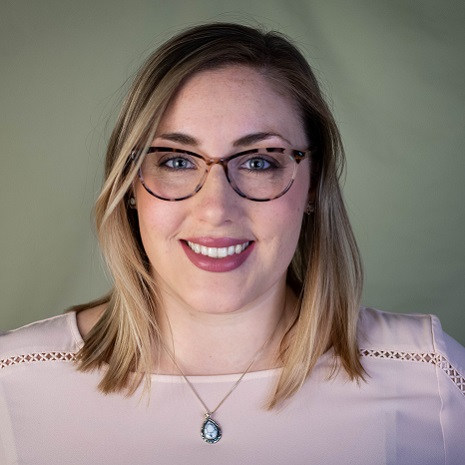
Alumni Q & A: How Myra Robinson turns health care data into hope
-
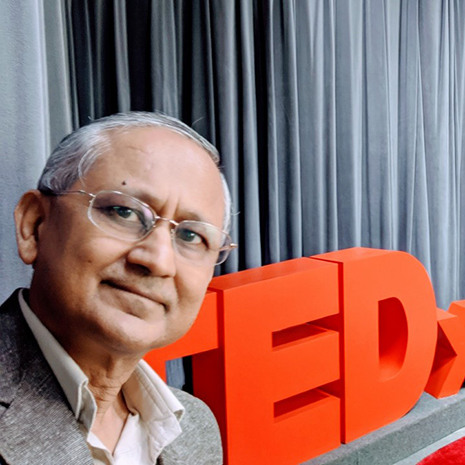
How augmented personalized health can fix many of America’s health care problems
-
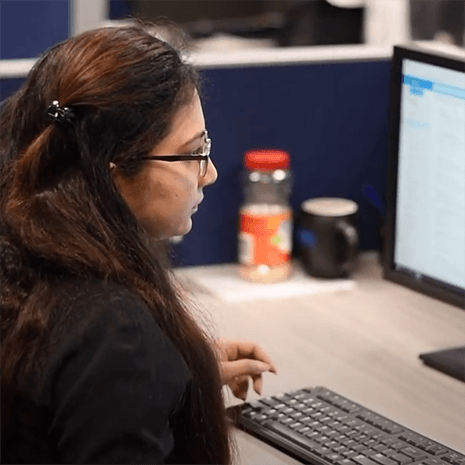
Master’s in Health Information Technology prepares tomorrow’s industry leaders
-
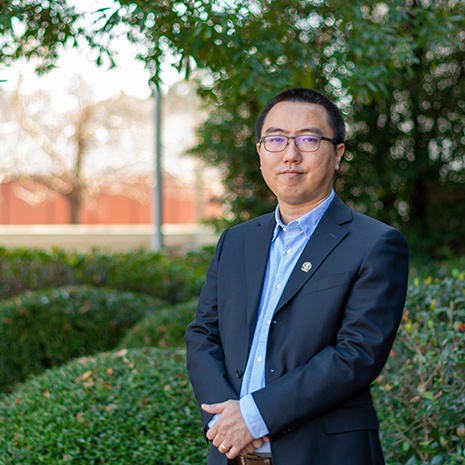
Liu receives NSF Early CAREER award to improve testing of infectious diseases
